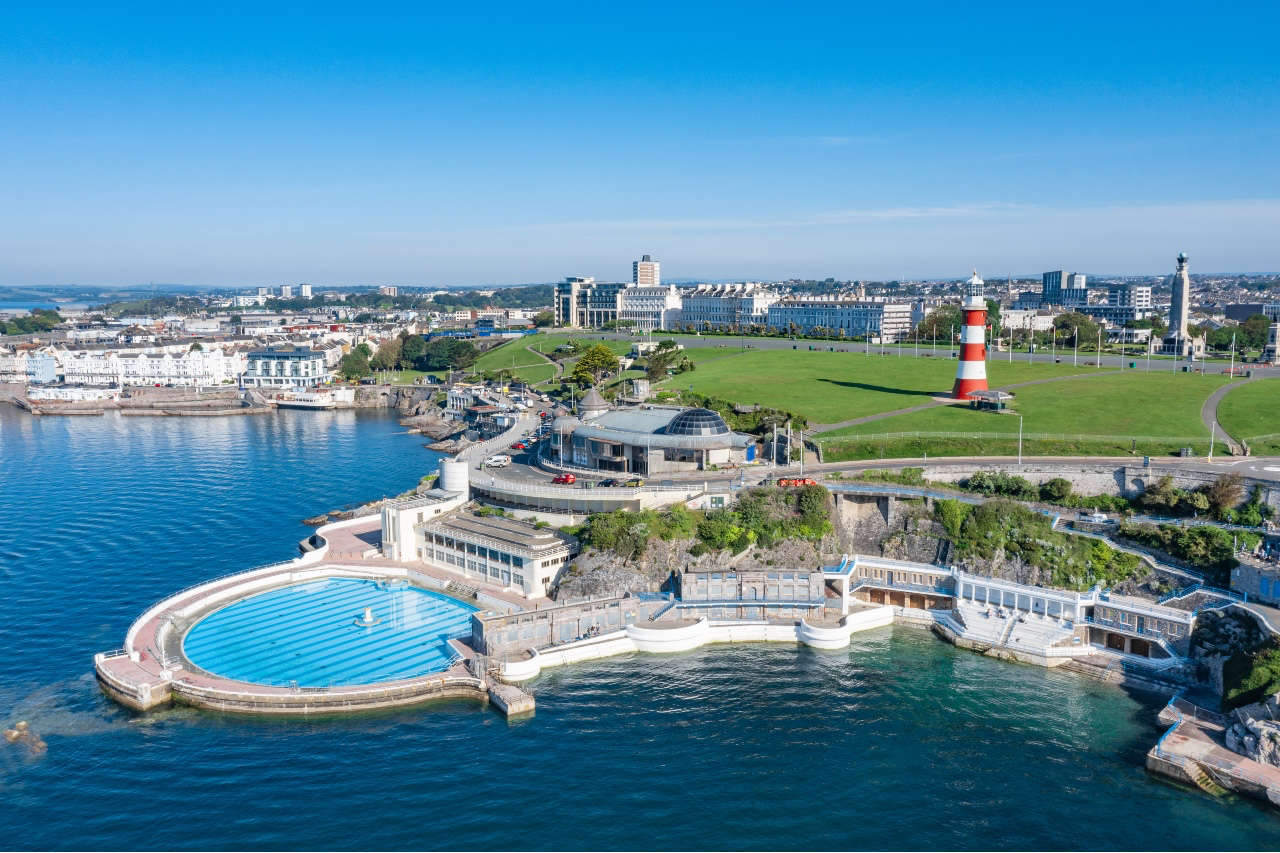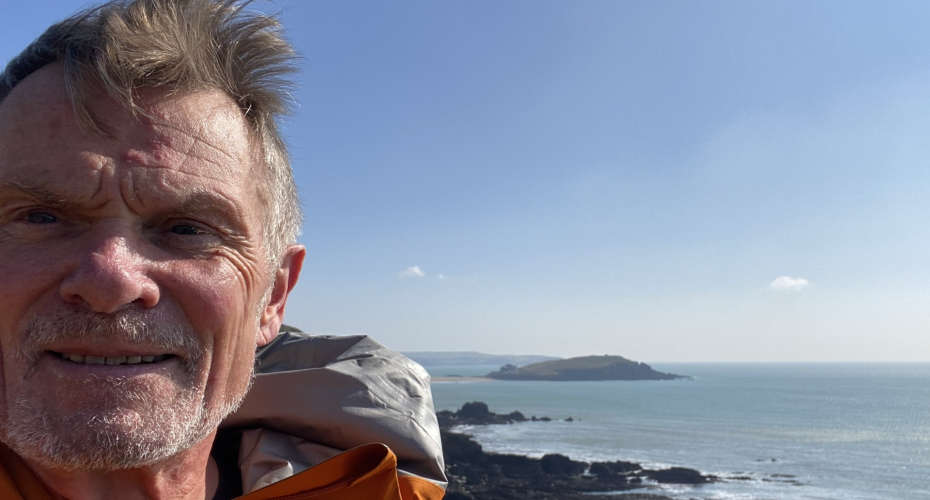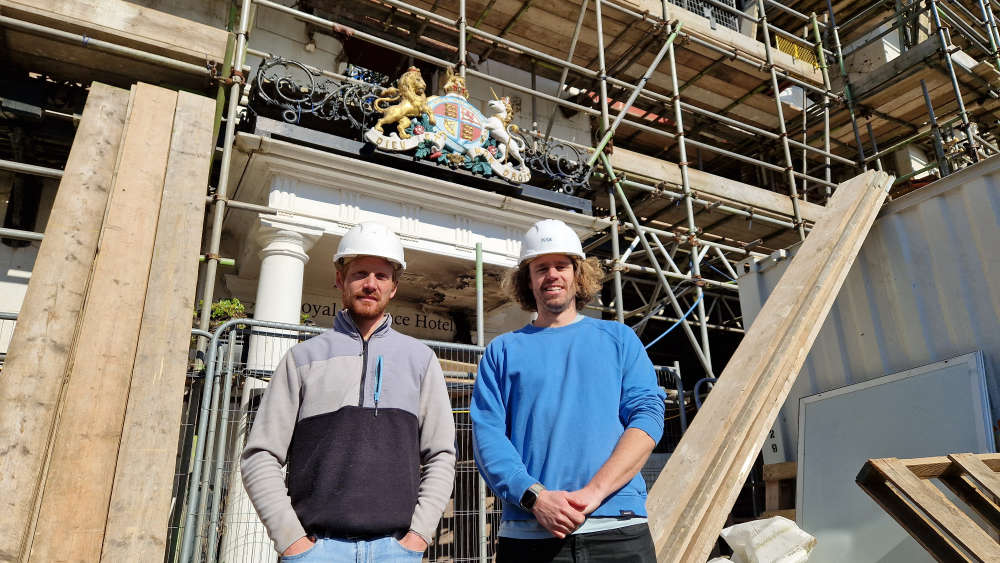
Chamber chief celebrates national attraction
A Plymouth business leader says the city’s national marine park, which has been given a £11.6 million funding boost from the National Lottery, is is creating civic identity and pride.
Chief executive of the Devon and Plymouth Chamber of Commerce Stuart Elford said Plymouth had struggled with its identity for years, but not any more.
“With the national marine park, we are saying this is what we are and we are proud of it,” he said.
The people behind the country’s first marine park claim it will “revolutionise the way Plymouth interacts with its heritage and engage all its residents with the treasures under and on the sea.”
Mr Elford said it brings stakeholders together for a common cause.
“There has been a lot of conflict over Plymouth Sound and who owns and runs it, but the marine park has brought everyone together in a positive way to protect that asset. It has joined everything up and it seems to make sense now – Britain’s Ocean City and the national marine park. It’s really exciting.
“Plymouth is leading the way nationally, if not in the world, on this. I have to congratulate Plymouth City Council’s economic development team who are not frightened to invest, take a punt and put us out there.
“I think this defines us as a great place to live, visit, work and run a business.”
The city council says its £22 million transformation programme will help engage the city in the marine environment.
This latest boost from the lottery’s Heritage Fund means previously inaccessible heritage sites, including the seventeenth century Mount Batten Tower and Garden Battery at Mount Edgcumbe, which has been closed to the public since the Second World War, will be opened up.
And there will be improvements to Mount Batten Peninsula and Tinside, Plymouth’s art deco lido, so it can be enjoyed all year round.
Work includes a nature project that will restore habitats and species, including sea grass beds, mudflats and saltmarshes, oysters, mussels, little egrets, avocets thornback ray, seahorses, sand eels and the rare allis shad.
And a‘digital marine park’ will bring to life the heritage of Plymouth Sound – opening the park to a global audience.
Mr Elford said not enough young people in Plymouth are connected to the sea. “It is completely unacceptable that a significant portion of children who live here have not had the chance to visit the beach or the coastline around Plymouth,” he said.
“We took out a group of young people for a science experience on the tall ship Pelican with charity Seas Your Future and 75 per cent them came back wanting to have a career on boats or marine biology. It was an amazing experience and I would love to see that charity based here in Plymouth.”
Plymouth City Council leader Tudor Evans has previously said: “We will create a blueprint for an innovative new model of national marine parks across our island nation – and this feels both vital and exciting.
“We are proud to lead as the first city to enjoy this incredible opportunity to innovate, protect and develop our connections to the sea.”
 Devon man to run round mainland Britain
Devon man to run round mainland Britain
 Students connect with elderly residents to combat loneliness
Students connect with elderly residents to combat loneliness
 East Devon theatre needs your help
East Devon theatre needs your help
 Devon police dog honoured
Devon police dog honoured
 Work begins on project to rebuild fire-hit Exeter landmark
Work begins on project to rebuild fire-hit Exeter landmark
